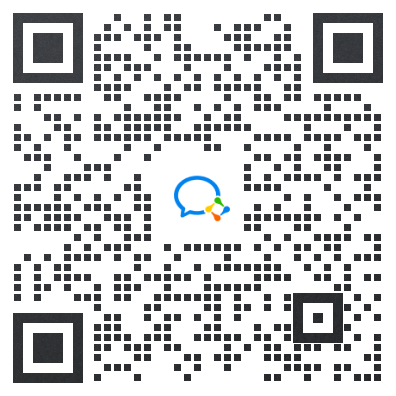1.主动语态的形式和意义:
主动语态句子结构是:施动者作主语+谓语动词do,表示“某人某物做。。。”。
2.被动语态句子结构是:受动者作主语+谓语动词 be done,表示“某人某物被。。。。。。”。不及物动词是没有被动语态的。被动语态中的be在不同时态中形式不同,下面在时态中会得到讨论。
陈述语气的谓语动词时态的形式和意义:
1)一般现在时态
(1)形式:
①主动:
肯定:动词原形或动词原形+s/es;be (三单is,一单am,其余人称和数are)+表语。
否定和疑问式:用助动词do(第三人称单数为does) 或连系动词be帮助构成。
We live here. Do you live here? We don’t live here. Where is she? Is she in? She isn’t in.
②被动:is / am / are+动词-ed分词。否定疑问略。
(2)意义:
①表示不受时间限制的永恒客观存在或客观规律。如:
Nothing travels faster than light. Knowledge derives from practice.
②包括当前的一定时间段内比较稳定的状态或习惯。常与every day, always,等频度状语连用。如:
John always wakes up at six. Father doesn’t smoke as much as before.
③表示说话时的状态,一般用于状态动词(不能用现在进行时态)。如:
It concerns everybody. 它关系到所有人。 She loves this music.
④表示将来时间:
A.按时间表将要发生的动作或事态(不强调是主语的意图,指照时间计划执行)。如:
The train leaves for Shanghai at ten p.m. tonight.(火车时刻表规定)这趟火车今晚十点开往上海。
We start next week.(时间计划安排好了)我们下周动身。
B.用在时间、条件等状语从句中表示将来。如:
We will go and help to get in the crops when the harvest time comes.
If it is fine tomorrow, we will have the football match.
2)现在进行时态:
(1)形式:
①主动:肯定is / am / are +doing;否定疑问略。
②被动:肯定is / am / are +being +done;否定疑问略。
(2)意义:
状态动词一般不能用于现在进行时态。更多真题及资料请加小编微信65210638领取
①表示说话时正在进行的动作。可用时间状语now, at the moment等。如:
What are you doing? I’m writing a letter.
②表示现阶段正进行而说话时刻不一定进行的动作。如:
He is teaching physics this term.
③表示按计划、安排很快就会发生的动作,通常要与将来时间状语连用,以示和正在发生的动作的区别。如:He is washing the dishes later. = He is going to wash…
I’m painting the wall tomorrow afternoon. = I’m going to paint…
但:We are going/coming to Shanghai tomorrow.不能说 We’re going to go / come to Shanghai…
④含有感情色彩的叙述一个经常发生的行为,常和continually, constantly, forever, always等状语连用。如:
John is always asking me some stupid questions.(恼火) 而 John always asks me some stupid questions.(客观事实)
 教师资格证和教师编制资讯资料分享网
教师资格证和教师编制资讯资料分享网






